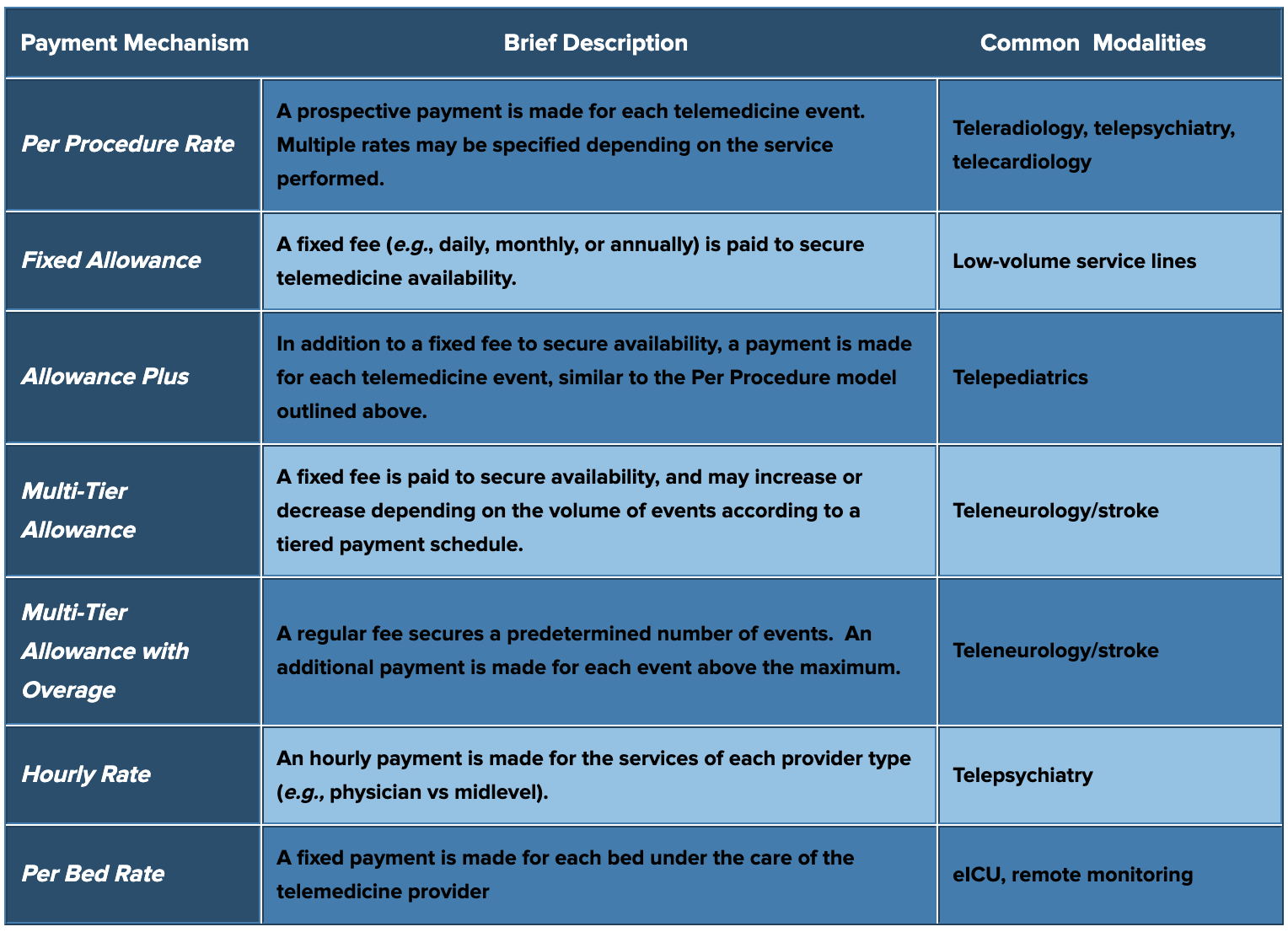Author: Luis Argueso
Telemedicine as a modality of medical care continues to expand and gain traction in the United States. On February 9, 2018, President Trump signed into law the Bipartisan Budget Act of 2018 passed by Congress. This budget incorporated the text of the Creating High-Quality Results and Outcomes Necessary to Improve Chronic (CHRONIC) Care Act. The CHRONIC Care Act facilitates Medicare reimbursement for telemedicine services, for example, by relaxing the “originating site” (i.e., the location at which the Medicare beneficiary is receiving medical care) restrictions for patients receiving telehealth services.These recent developments further the financial viability of telemedicine as a tool to treat patients. As providers look to enter into arrangements to secure telemedicine coverage, the parties must be aware of compensation terms that may implicate the Stark Law, Anti-Kickback Statute, and the Internal Revenue Code. In such instances, the compensation terms must be commercially reasonable and consistent with fair market value.
As a relatively new and growing industry, establishing the commercial reasonableness of, and fair market value compensation for, telemedicine services may pose a challenge. HAI has observed firsthand the evolution of the telehealth industry and gradual development of norms. One aspect of telemedicine arrangements between health systems/facilities and telemedicine providers that has started to solidify is the compensation structure used in the agreements. Below, we summarize a taxonomy of the most common payment mechanisms we have observed in telemedicine arrangements.
Taxonomy of Telemedicine Payment Mechanisms

As illustrated by the variety of payment mechanisms above, there is no “one-size-fits-all” solution to the compensation structure for telemedicine services. As a result, opinions of commercial reasonableness and fair market value compensation must be tailored to the unique terms of each arrangement.
HealthCare Appraisers keeps abreast of the latest innovations of healthcare delivery to maintain our position as the market leader in healthcare valuation. HealthCare Appraisers’ experience and relationships with key participants in the telemedicine industry position us to provide unique insight to ensure your telemedicine arrangements satisfy commercial reasonableness and FMV requirements.
